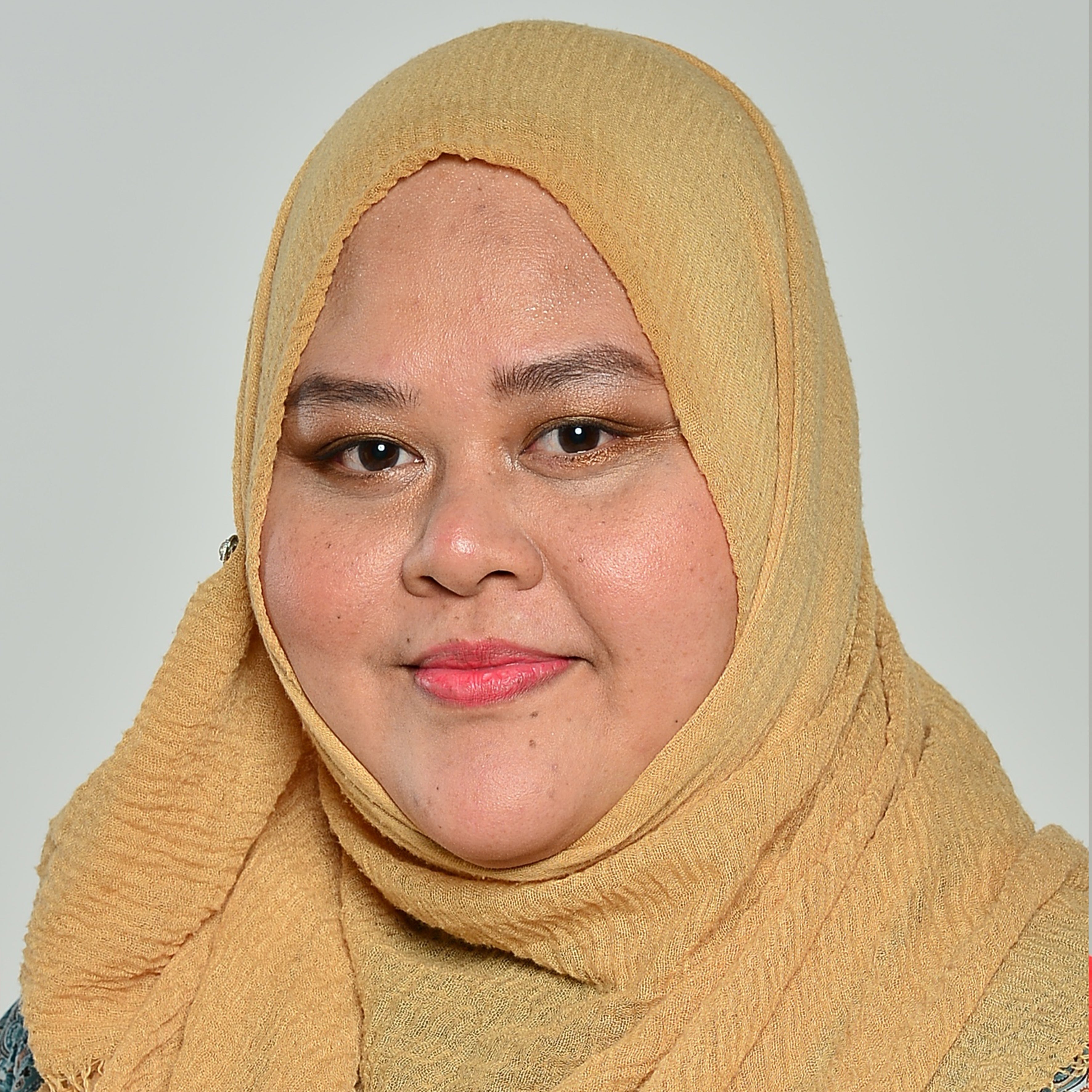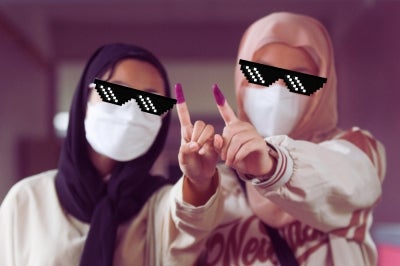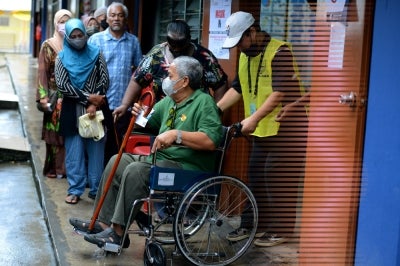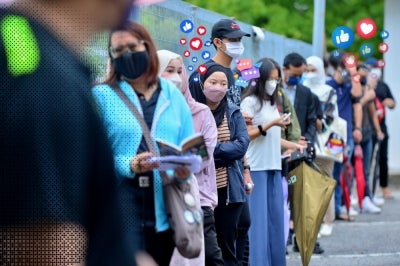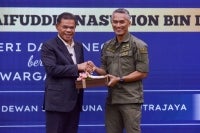Debate needs to have tangible outcomes - Experts
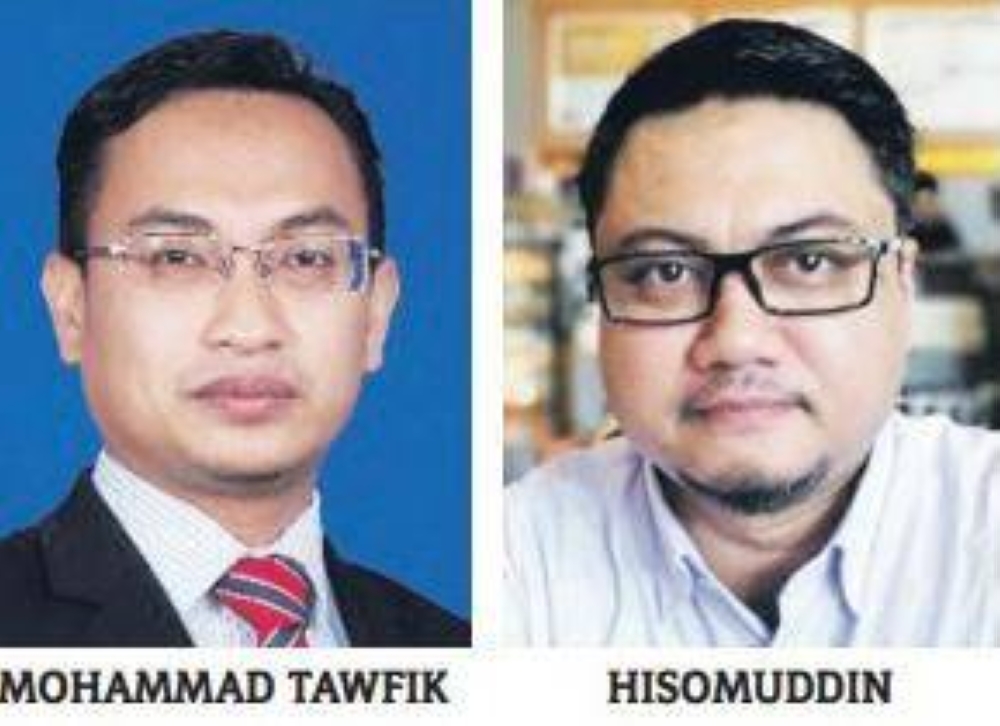
SHAH ALAM - After the Economy Minister Rafizi Ramli's request for a debate was rejected by Kedah Menteri Besar Datuk Seri Muhammad Sanusi Md Noor and Selangor Perikatan Nasional chairman Datuk Seri Mohamed Azmin Ali, Bachok Member of Parliament Mohd Syahir Che Sulaiman finally accepted his invitation.
Syahir, also the Pas assistant secretary-general, initially declined the invitation to debate by the PKR deputy president because he wanted to focus on serving and solving the people's problems.
However, after getting the permission of the PN leadership, he expressed his agreement without any conditions stipulated and even suggested the debate title of 'Malaysia Lebih Baik' (A Better Malaysia).
Behind the drama of rejection and acceptance, it could be concluded that debate was not deeply rooted in the national political scene as commonly practiced in foreign countries.
The United States, for example, often practised a culture of debate among the top leaders of the Republican and Democratic political parties, especially ahead of the Presidential Election season.
Even the closest neighbouring country, Indonesia holds debates during the Presidential Election when two Presidential candidates argue about their respective promises and visions for solving the country's issues.
However, according to University of Malaya Political Studies and Administration Department Senior Lecturer Dr Mohammad Tawfik Yaakub, there were not many political leaders ready to debate in this country.
"This is because debate is not a culture in our national politics. On the other hand, our national political culture is more about the use of power," he told Sinar Premium.
He explained that no matter how many ideas were thrown by academics or political opponents that were best for the people, it still could not be implemented if the people who proposed the ideas do not have the power.
"For example, the Kelantan state government's request for RM8 billion to solve their water problem was denied the allocation by the central government due to the difference between the ruling party in the state and the federal governments.
"In other words, political enemies who have power will not entertain requests that will make them lose popularity from their people," he said.
Referring to the proposed debate by Rafizi, Tawfik said it should provide results, information and generate ideas between Pakatan Harapan leaders and PN, instead of just becoming a spectacle or conjure political tricks.
He added that the awareness of debate culture was also quite difficult to make routine and could only happen when the country reached political maturity.
Meanwhile, Ilham Centre's Executive Director Hisomuddin Bakar opined that the acceptance of debate was usually within the upper-class levels of society compared to the lower ones.
"This debate is nothing new. Previously those held did involve famous names, amongst them Tun Dr Mahathir Mohamad and Datuk Fadzil Noor on Palestine, as well as Datuk Seri Anwar Ibrahim and Datuk Seri Ahmad Shabery Cheek on the debate title 'Hari Ini Membentuk Kerajaan, Esok Turun Harga Minyak' (Government Forms Today, Oil Price Drops Tomorrow).
"However, the acceptance of debating only happens within the upper levels of society. Only a group of rational voters will be interested in the elements of the debate, while for the rest of the people, this debate will simply pass," he said.
According to him, debates usually contained more political elements than finding common ground and solutions to the problems faced by the people.
"Debate culture in the context of developing countries centres on the element of good moral values, noble civility and arguing with facts.
"Debates that raise the importance of the people should lead to mature and healthy politics," he said.
Commenting on the economic debate between Rafizi and Syahir that will take place, Hisomuddin said, it appeared due to a clash of ideas and narratives in the state election campaign.
"This debate is being dragged out to influence the voters. This is due to PN's attack that the PH-led Unity Government is incompetent in solving the country's macroeconomic problems.
"This mistake is aimed at the Prime Minister who is also the Finance Minister and Rafizi who is famous for his economic formula which is often the object of satire by the opposition," he said.
Download Sinar Daily application.Click Here!
